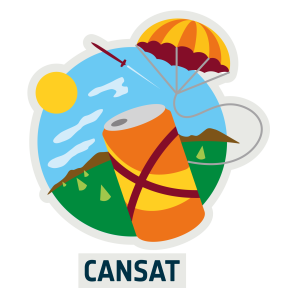
Design, build and launch a soda can sized satellite!
open to ages
14 to 19
Teams of 3 to 6
students
26 National Competitions
1 European event
What is CanSat?
A CanSat is a simulation of a real satellite, integrated within the volume and shape of a soft drinks can. The challenge for the students is to fit all the major subsystems found in a satellite, such as power, sensors and a communication system, into this minimal volume. The CanSat is then launched by a rocket up to an altitude of approximately one kilometre, or dropped from a platform, drone or captive balloon. Then its mission begins… This involves carrying out a scientific experiment and/or a technology demonstration, achieving a safe landing, and analysing the data collected.
Are you a secondary-school student? Check if a CanSat competition is organised in your country here. If yes, search for fellow students to form a team and ask a teacher, educator or parent to supervise and register your team in the national competition.
Are you a teacher, educator or parent? Find a team of students and learn more about the project and how to apply through the links below. CanSat is an initiative of ESA and the national ESEROs. The European Space Agency (ESA) endorses and supports a range of CanSat activities across its Member and Associate States. The CanSat project, aimed at secondary school students, mainly addresses curricular subjects such as technology, physics, and programming. By offering the practical experience of working on a small-scale space project, CanSat makes use of these subjects in an interdisciplinary manner and promotes collaboration and teamwork.
Through the CanSat project, the participating student teams experience all the phases of a real space project, from selecting the mission objectives, designing their CanSat, integrating the components, testing the system, preparing for launch, and analysing the scientific data obtained. Throughout this process the students:
- learn by doing,
- get acquainted with the inquiry-based methodology that is typical of real-life scientific and technical professions,
- acquire and/or reinforce fundamental technology, physics, and programming curricular concepts,
- understand the importance of coordination and teamwork,
- enhance their communication

